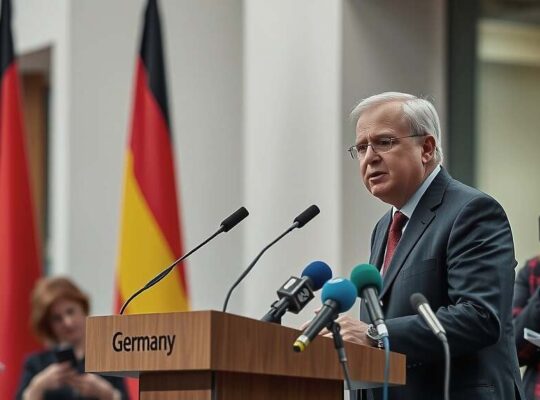A deepening political row has erupted in Germany over the allocation of resources to combat sexual abuse, with the Federal Commissioner for Victims of Abuse, Kerstin Claus, sharply criticizing Family Minister Karin Prien (CDU) for failing to secure adequate funding in the upcoming federal budget. Claus’s critique, published in the Frankfurter Rundschau, suggests a concerning neglect of a critical societal issue and raises questions about the government’s commitment to supporting survivors.
At the heart of the dispute lies the potential discontinuation of a dedicated fund established in 2013 to provide low-barrier support services for victims. The fund was created to address gaps in existing aid systems that often fail to reach individuals affected by specific forms of violence. The Family Ministry previously stated in June that the fund was being discontinued due to being overextended, a justification Claus vehemently rejects. She argues that the decision represents a “clear step back” and constitutes a devaluation of solidarity with survivors.
Claus argues that successive governments over the past decade have failed to establish a sustainable budgetary foundation for the fund. She now places the onus on parliamentarians to rectify this oversight during the upcoming budget negotiations, stressing that it must be a “priority”. Furthermore, she calls for a legislative framework to safeguard the fund’s ongoing existence, rejecting the notion that politicians can avoid their responsibility.
The severity of the problem, according to Claus, is “monstrous” highlighting that the 16,300 cases recorded in last year’s crime statistics only represent the “tip of the iceberg” concealing countless unreported incidents of long-term, sexualized violence. The current situation intensifies scrutiny regarding the government’s commitment to addressing the pervasive issue and raises serious questions about the prioritization of resources dedicated to vulnerable populations striving for justice and recovery.












